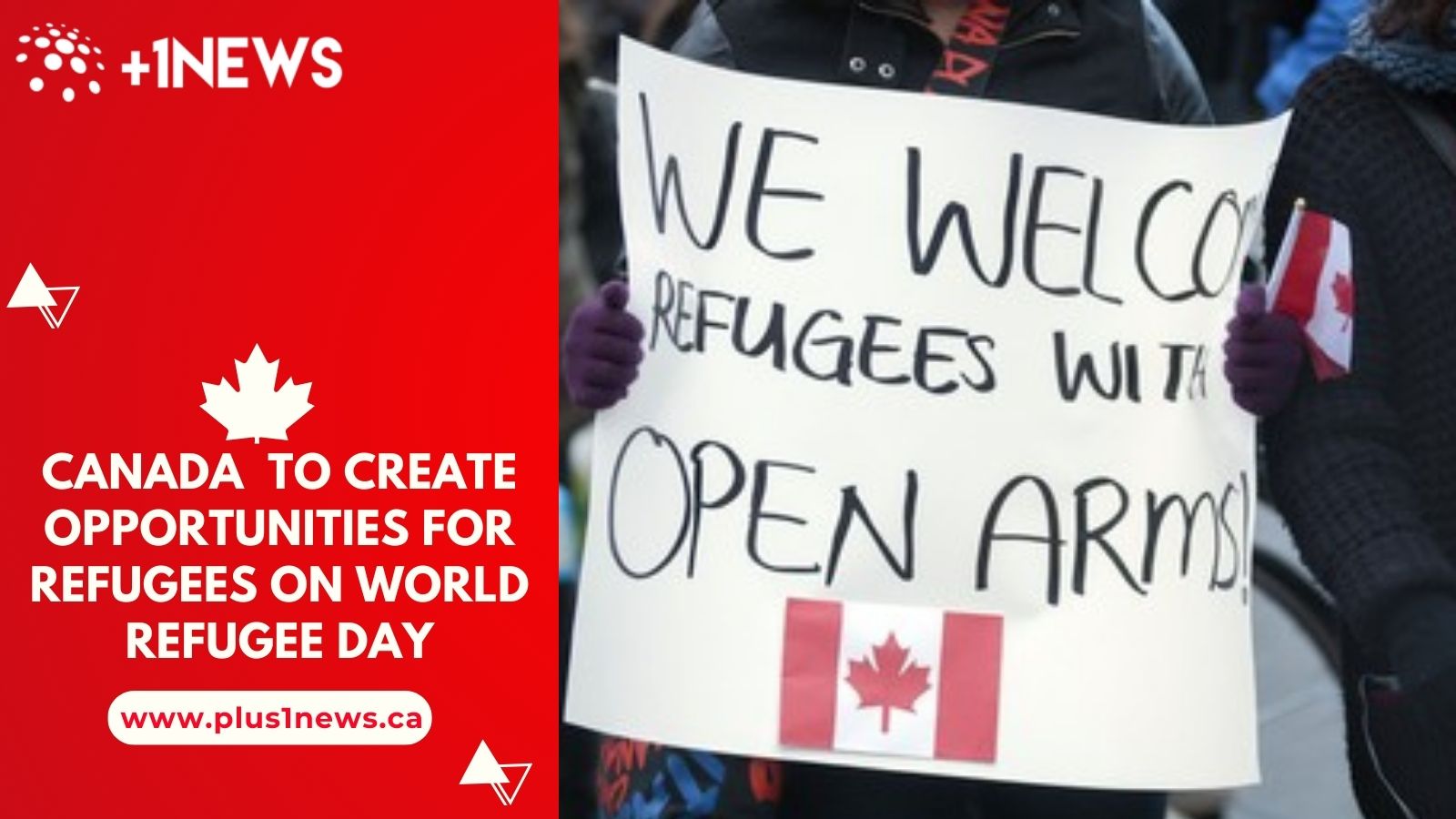Ottawa, June 20, 2023, The Honourable Sean Fraser, Canada’s Minister of Immigration, Refugees and Citizenship, alongside the Minister of Foreign Affairs, Mélanie Joly, and Harjit S. Sajjan, Minister of International Development, marked World Refugee Day with a powerful message.
Jump to:
Honouring World Refugee Day
On World Refugee Day, the Canadian government reaffirmed its commitment to providing refuge and opportunities to displaced people worldwide. With a proud history of sheltering the world’s most vulnerable, Canada continues to be a leading light, opening its doors and hearts from over 80 countries.
Canada’s Track Record
- For four years straight, Canada topped the charts as the number one country in refugee resettlement.
- In 2022 alone, it welcomed over 47,500 refugees.
- Over 88,000 Syrian and more than 33,000 Afghans escaping Taliban persecution have found a haven in Canada.
- An ambitious target of resettling 40,000 vulnerable Afghans is set for the end of this year.
Commitment to Expand Safe Immigration Pathways
Canada aims to expand its safe and lawful immigration pathways. It pledged to welcome an additional 15,000 displaced individuals from the Americas, working alongside the United States and other like-minded nations.
Immigrate to Canada: Your Ultimate Guide to Unlocking the Door to The Great White North!
Offering More Resettlement Options
Canada’s Immigration Levels Plan for 2023–2025 reaffirms our commitment to global humanitarian efforts. Our goal is to resettle between 72,000 and 76,000 refugees annually through three programs:
- Government-Assisted Refugees Program
- Private Sponsorship of Refugees Program
- Blended Visa Office-Referred Program
Economic Mobility Pathways Pilot (EMPP)
Canada’s Economic Mobility Pathways Pilot (EMPP) creates opportunities for skilled refugees to come to Canada as economic immigrants.
- The EMPP values the education and experience of displaced individuals.
- A new federal pathway gives more displaced individuals the chance to restart their lives and careers in Canada.
Canada Opens New Doors in Economic Mobility Pathways Pilot for Skilled Refugee Immigration
Prioritizing Education for Displaced Children and Youth
Canada stands firm in its belief that access to quality education is crucial for the success of refugees and other displaced people. Its “Together for Learning” campaign promotes education and lifelong learning for children and youth affected by conflict and crisis.
Study in Canada: Your Ultimate Guide as an International Student
International Collaboration
As a global leader, Canada works closely with international partners to:
- Improve conditions in countries with significant displacements, such as Venezuela.
- Respond to the needs of refugees, including access to education, health, and employment opportunities.
In its capacity as Chair of the Global Task Force on Refugee Labour Mobility, Canada works with Australia, the European Commission, and others to promote the growth of initiatives like the EMPP.
Canada’s Ongoing Commitment
On World Refugee Day, Canada’s message rings out clear and strong. The nation’s sense of responsibility is driven by its deep commitment to helping vulnerable populations fleeing war and persecution worldwide. Canada is not just offering a safe haven – it’s providing a platform for growth, a chance for immigrants to rebuild their lives, use their talents, and contribute to the society that welcomes them. It’s not just about giving refugees hope; it’s about empowering them to dream again and to make those dreams a reality. This is the true embodiment of the World Refugee Day theme, “Hope Away From Home.”
Frequently Asked Questions
Q1: How many refugees does Canada plan to resettle annually from 2023 to 2025?
According to Canada’s 2023-2025 Immigration Levels Plan, the country is committed to resettling between 72,000 and 76,000 refugees annually.
What is the Economic Mobility Pathways Pilot (EMPP)?
The EMPP is a Canadian initiative that acknowledges the valuable skills and education that refugees bring with them. It provides opportunities for skilled refugees and displaced individuals to immigrate to Canada as economic immigrants.
Q3: What are the different resettlement programs offered by Canada?
Canada offers three primary resettlement streams: the Government-Assisted Refugees Program, the Private Sponsorship of Refugees Program, and the Blended Visa Office-Referred Program.
Q4: What is the “Together for Learning” campaign?
The “Together for Learning” campaign is a Canadian initiative that promotes quality education and lifelong learning for children and youth in conflict- and crisis-affected areas.
Q5: What efforts is Canada making to help improve conditions in countries with large displaced populations?
Canada works diligently with key global partners to improve conditions in countries with high numbers of displaced individuals. For instance, in Venezuela, Canada is striving to provide access to education, health services, and employment opportunities.
Related Articles in Newcomer Resources:














